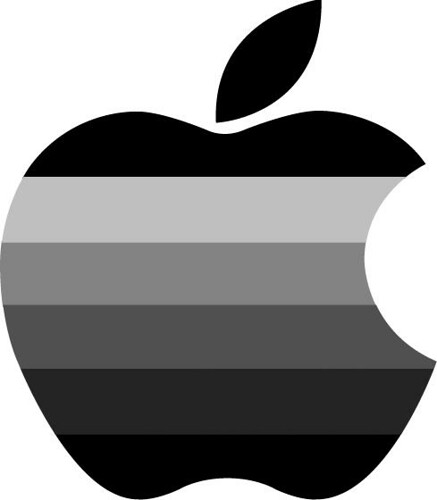In a groundbreaking move that’s sending shockwaves through the tech industry, the European Union has slapped Apple with a hefty €1.84 billion fine, roughly amounting to just under $2 billion, for breaching antitrust rules within the music streaming market on its iOS platform. At the heart of this penalty lies Apple’s contentious anti-steering provisions, which have long restricted music streaming apps from informing users about more economical subscription options outside of the App Store.

This decision, announced by the EU’s competition chief, Margrethe Vestager, during a press conference, stems from a complaint lodged by Spotify in March 2019. Spotify, along with other competitors, has argued that these restrictions not only stifled innovation but also unfairly advantaged Apple Music, the tech giant’s own streaming service, by hindering rivals’ ability to compete equitably.
Vestager’s statements were unequivocal: “Apple’s rules ended up in harming consumers,” she declared. Highlighting the lack of transparency and choice, Vestager pointed out how these rules prevented European consumers from freely choosing their preferred music streaming services, potentially leading some to pay more than necessary.
In the journey to this ruling, the EU’s Commission meticulously refined its case, ultimately zeroing in on the anti-steering provisions and dropping earlier charges related to Apple’s payment processing technology. This focus underscores the Commission’s broader concerns over competitive distortion in digital markets.
Responding to the fine, Apple did not hold back. In a strongly worded blog post, the company condemned the EU’s decision, accusing Spotify of trying to “rewrite the rules of the App Store” for its own benefit and criticizing the Commission for allegedly ignoring the realities of a thriving and competitive market. Apple, reaffirming its commitment to Europe and its marketplace’s integrity, announced its intention to appeal the decision.
This ruling is not just about a fine. It’s a clarion call for change. Going forward, Apple will be required to dismantle the anti-steering provisions, allowing music streaming developers to communicate freely with their users about subscription options. This change is poised to reshape the landscape of music streaming services on iOS, potentially leading to more competitive pricing and greater innovation.
Moreover, this decision comes at a critical juncture as the Digital Markets Act (DMA) looms on the horizon, setting the stage for stricter regulation of tech giants designated as gatekeepers. With the possibility of penalties scaling up to 10% of annual turnover for non-compliance, the DMA represents a significant shift towards ensuring fair play in digital markets.
As this saga unfolds, the implications of the EU’s decision—and Apple’s subsequent actions—will reverberate throughout the tech industry, potentially reshaping how digital marketplaces operate and how companies engage with both competitors and consumers. In this new era of digital regulation, the balance between innovation and competition has never been more critical, nor has the need for transparency and consumer choice.
Related posts:
Apple fined €1.84BN in EU over anti-steering on iOS music streaming market
Apple fined €1.84BN in EU over anti-steering on iOS music streaming market
EU fines Apple €1.8bn over App Store restrictions on music streaming





